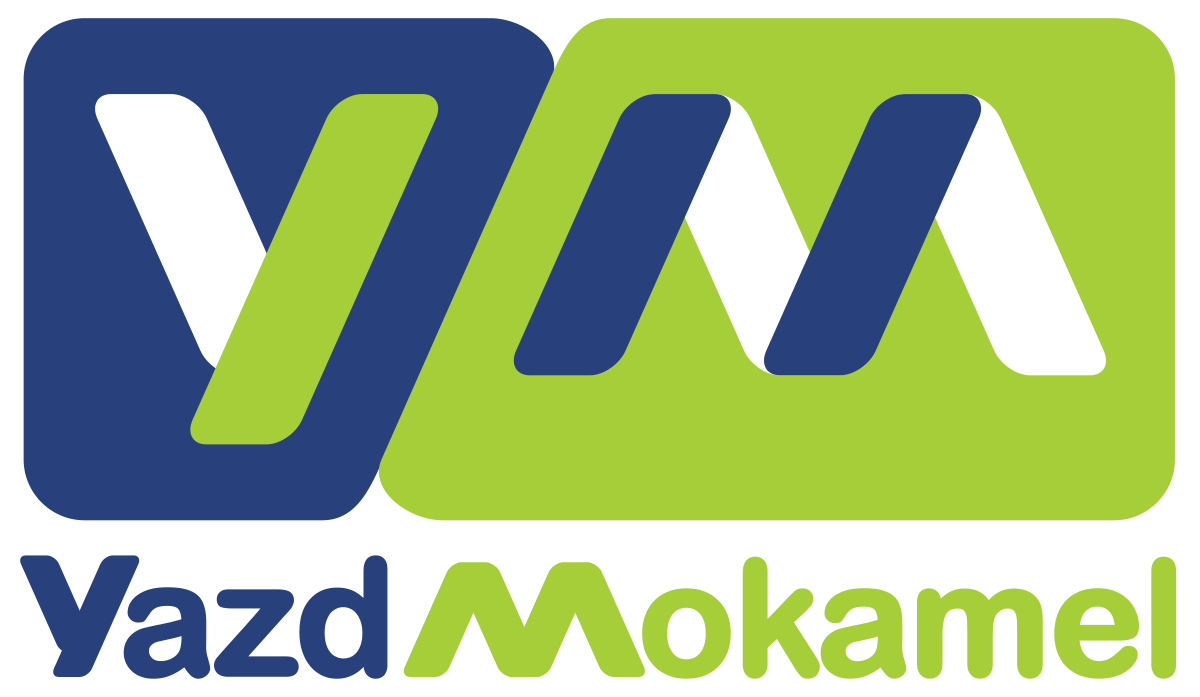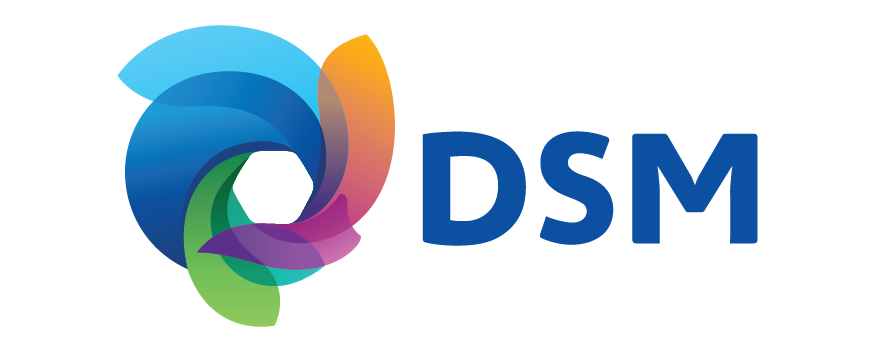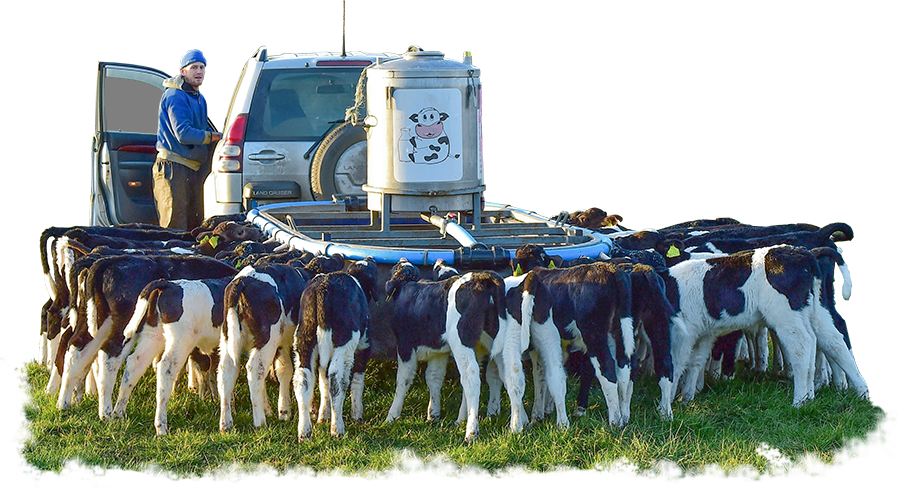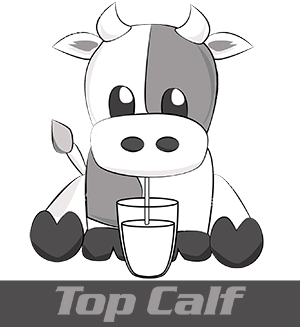L-Carnitine 5%
L-Carnitine of Yazd Mokamel Company is a supplement of a water-soluble pro-vitamin. It has various roles such as protecting and regulating cell membranes, increasing fat metabolism, increasing the strength of the immune system, improving performance and carcass properties. It participates in the construction of an enzyme called carnitine acetyltransferase, which is part of the mechanism of coenzyme A and acetyl coenzyme A. The need for L-carnitine increases under certain conditions, such as limited synthesis in young animals, the use of high-fat diets, and decreased intestinal absorption. On the other hand, diets containing a high percentage of cereals and their by-products have a small amount of L-carnitine. L-Carnitine is mainly made from the two amino acids methionine and lysine, and unfortunately, the amount of these amino acids in plants is meagre, so to meet the needs, it is necessary to add a percentage of L-carnitine to the diet of animals. In general, its functions in metabolism are as follows:
- Transfer of fatty acids
- Protection of cell membranes
- Maintain adequate amounts of free coenzyme A.
- Optimization of ATP process
- Increased tolerance against ammonia
- Increased spermatogenesis and sperm motility
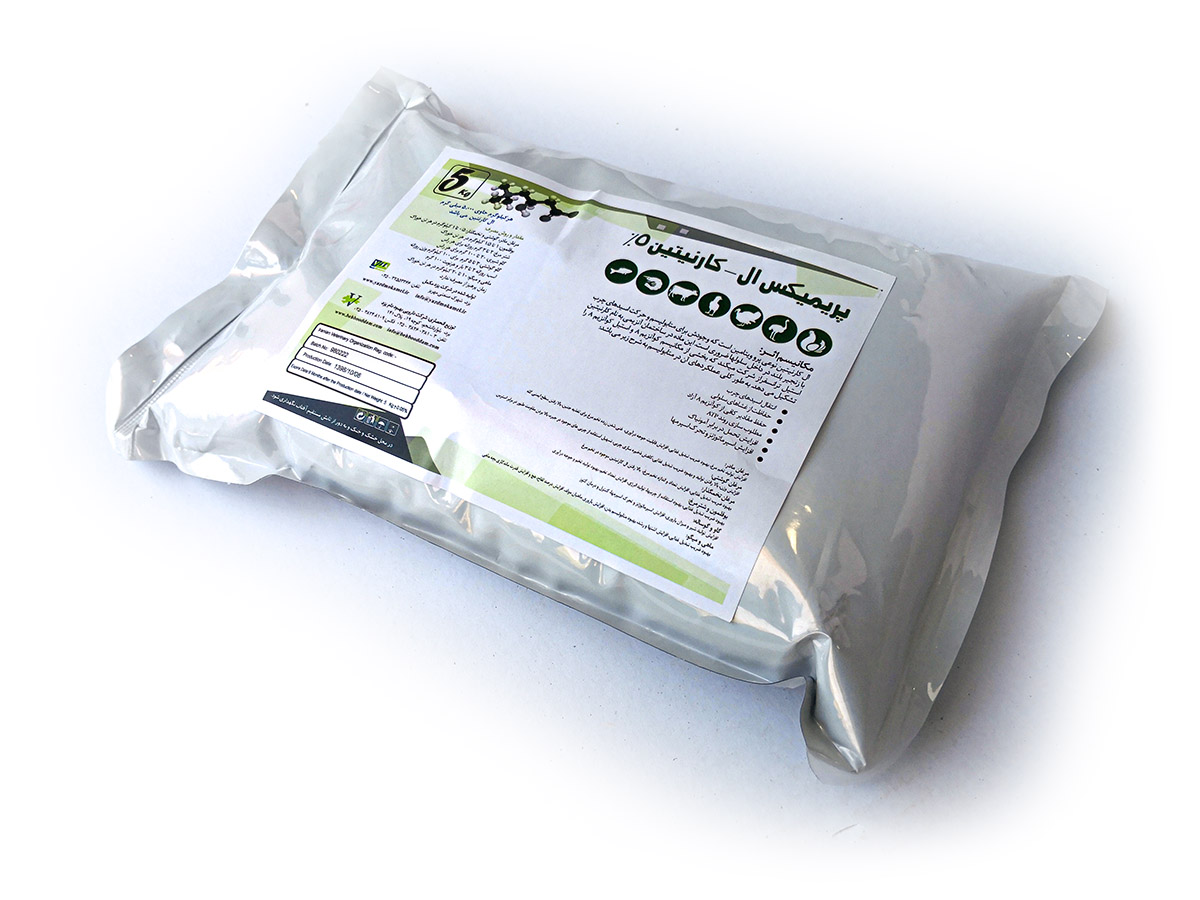
Product Benefits:
Parent Stock
- Increase egg production
- Improve feed conversion ratio
- Increase hatching ability
- Enrichment of egg yolk to feed the fetus
- Increasing the safety level of the herd
Broilers:
- Weight Gain
- Increase production and improve feed conversion ratio
- Reduce fat storage
- Facilitate the use of fats in the diet
- Increase poultry resistance to stress
Laying hens:
- Improve feed conversion ratio
- Increase the number and size of eggs
- Elevated L-carnitine in eggs
Turkey and Ostrich:
- Improve feed conversion ratio
- Improve the use of fats
- energy production
- Increase the number of eggs
- Improve egg and hatching production
Cattle and calves:
- Increase milk production and fertility
- Increased spermatogenesis and sperm motility
- Control and treatment of ketosis
Fish and shrimp:
- Improve feed conversion ratio
- Increase appetite and growth
- Improves the body's metabolism
- Increasing the fertility of productive fish
- Increase the percentage of fertilization, hatching and increase the shelf life of juveniles
Amount and method of consumption
- Parent Stock, Broilers and laying hens: 0.5 to 1 kg per ton of feed
- Turkey: 1 to 1.5 kg per ton of feed
- Ostrich: 2 to 3 grams daily for each head
- Dairy cows: 20 to 100 grams per head
- Beef: 3 to 5 grams for 100 kg per day weight
- Horse: 2 to 3 times a day and 100 grams each time
- Fish and shrimp: 10 to 20 kg per ton of feed
Consumption:
Poultry (broiler, layer, breeder): 0.5-1 kg per ton of feed
Turkeys: 1 – 1.5 kg per ton of feed
Ostriches: 2-3 gr per animal daily
Dairy Cow: 20-100 gr per animal
Beef Cattle: 3-5 gr per 100 kg body weight daily
Aquaculture (fish & Shrimp): 10-20 kg per ton of feed

Supplement Facts:
Each kilogram of product contains 50 grams of L-carnitine.
Packing:
Metallized Foil Pack/ 5Kg




